Biodiversity loss is the biggest crisis of our time
Posted: 10 May 2022 | Christophe Barnouin | 1 comment
Christophe Barnouin, CEO at Ecotone – home to such brands as Clipper Teas, Whole Earth and Kallo – explains how the industrial food model is damaging the natural world and ways we can turn the tide.
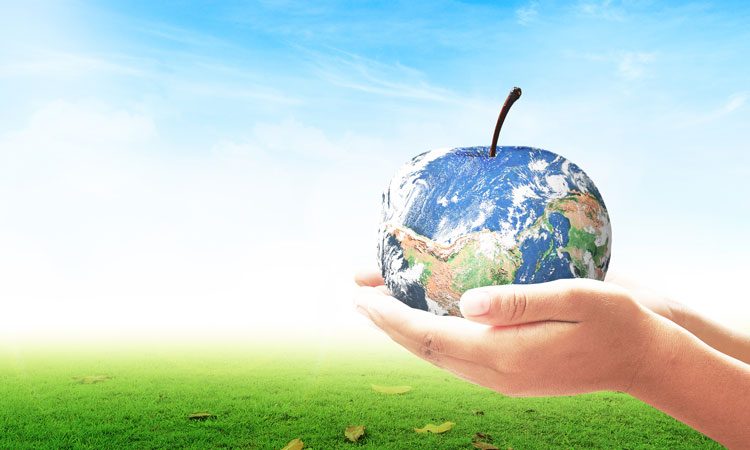

Consumer choices and the needs of the ever-growing population are having a profoundly negative effect on the earth’s bountiful and beguiling biodiversity.
Biodiversity describes the incredible spectrum of life on Earth from the smallest insect and blade of grass, to the biggest carnivore and tallest tree. Every living species depends upon each other for survival.
The current industrial food model is, simply put, damaging the planet. It is breaking the links in the natural world and contributing to species loss. Yet this is not widely understood. Recent UK consumer research found that just five percent1 of people say food production or intensive farming gives them most cause for environmental concern.
We need to improve the way we source food. We must ‘put on the menu’ ways to ensure the long-term protection of our beautiful planet and stop damaging our precious ecosystems.
Food production is responsible for one third of all global greenhouse gas emissions, and meat and dairy farming accounts for 75 percent of this.2 We cannot turn a blind eye to the impact our food consumption has on our planet’s wildlife – the evidence is abundantly clear. Eighty percent of the insects in our fields have disappeared in less than 30 years.3 And with intensive livestock farming being responsible for 80 percent of Amazon deforestation,4 time for change is long overdue.
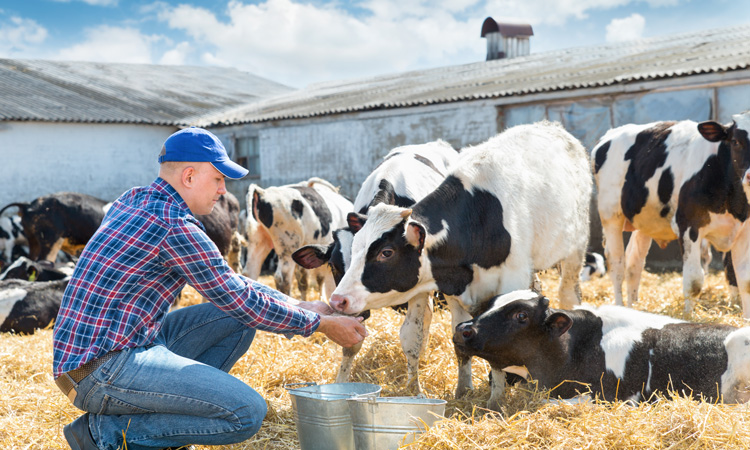

Food production is responsible for one third of all global greenhouse gas emissions, and meat and dairy farming accounts for 75 percent of this
The time for action is now
It’s not too late to turn things around, however; swift remedial action can reverse species decline.
The moment has come for us all to take personal responsibility for our choices. We need to start a food revolution and encourage all those around us to make positive changes that will protect and enhance biodiversity and rebuild our damaged planet.
The power of consumers: go organic and eat less meat
The decisions shoppers make in the supermarket is one way to make a difference. Introducing more diversity into our diets and opting for vegetarian and organic alternatives is a starting point to reducing our individual impact. We believe the more vegetables and less meat in our diets, the better. Animal farming is a major contributor to climate change and has a direct effect on biodiversity. Soya animal feed is imported from parts of the world where tropical deforestation is taking place at an alarming level.
Transparency and accountability
For the food industry, the challenge is sizeable. It’s about more than simply being carbon neutral. Unless this is also backed up by tangible carbon reduction targets, this popular metric is little more than a cleverly disguised form of greenwashing. Businesses should be proactively taking steps to reduce carbon outputs. If not, they are not truly helping. Offsetting emissions does not address the root cause; making reductions and addressing the environmental impacts of our business is the best approach.
Targets and action
We’ve committed at Ecotone to measure and reduce both our direct and indirect emissions in line with the Paris Agreement. Guided by our mission ‘Food for Biodiversity’, reducing climate emissions is integral to our belief that climate change is intrinsically linked to biodiversity erosion.
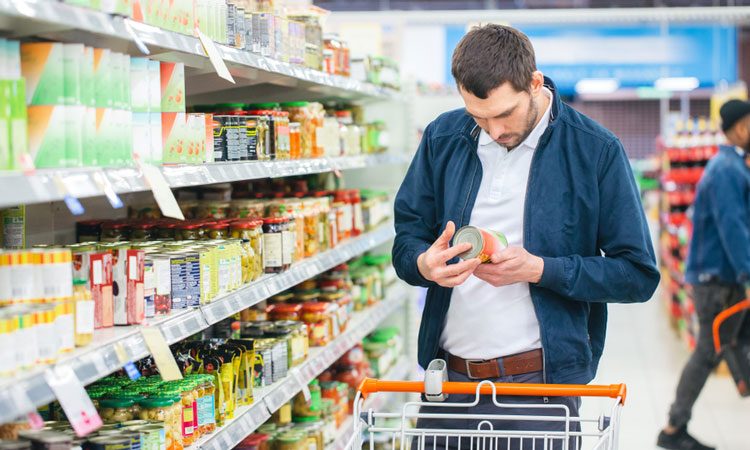

The decisions shoppers make in the supermarket is one way to make a difference
Generally, we produce less emissions by having a predominantly plant-based product portfolio. We’re taking further action by moving to fully recyclable packaging, reducing the weight of our products and using renewable production materials. We will soon reach 100 percent renewable energy in our offices and factories and are progressively replacing our production sites with ‘green’ biogas. We also work closely with our stakeholders on agricultural practices in our supply chain. Our priority is developing better agroecological practices that help to protect and grow biodiversity.
Tackling the biodiversity crisis
There are many mountains to climb to combat the biodiversity crisis, including banning all life-destroying chemical substances, fighting against food standardisation and revitalising our damaged ecosystems. While biodiversity loss is less understood compared to climate change, make no mistake: it’s the single biggest environmental crisis of our time. We all need to come together to drive positive change and protect what matters most.
References
- Ecotone commissioned research with 2,000+ UK grocery shoppers performed by Customer IQ in April 2021
- FAO 1999 (www.fao.org/3/y5609e/y5609e02.htm – “Since the 1900s, some 75 percent of plant genetic diversity has been lost as farmers worldwide have left their multiple local varieties and landraces for genetically uniform, high-yielding varieties.”
- PLoS One revue https://journals.plos.org/plosone/articleid=10.1371/journal.pone.0185809
- Greenpeace https://www.greenpeace.org/usa/forests/issues/agribusiness/
About the author
Christophe Barnouin is the CEO at Ecotone and leads a great team that makes and markets some of Europe’s leading natural and organic food brands.
Related topics
Environment, Regulation & Legislation, retail, Supply chain, Sustainability




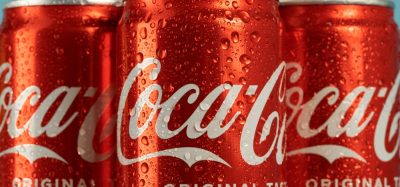
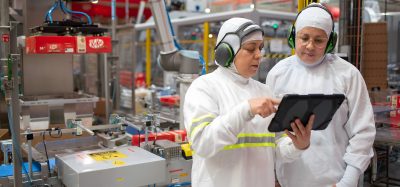

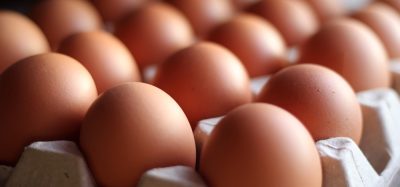


Hi,
You should contact Jane Goodall. I am sure she would be interested in all the things you are doing.